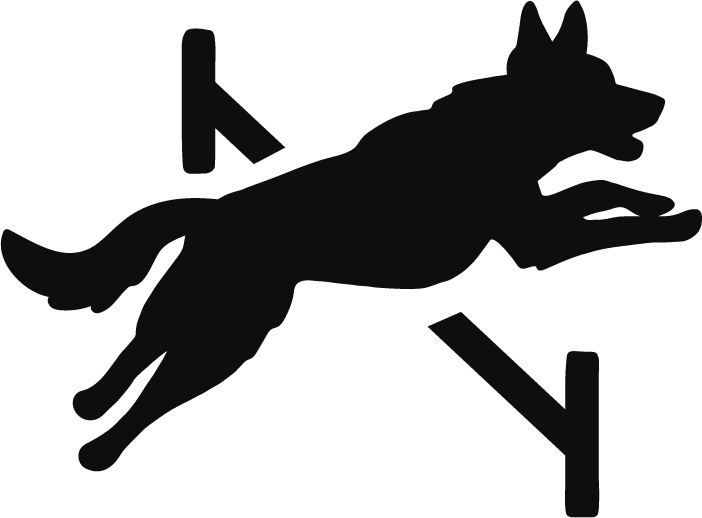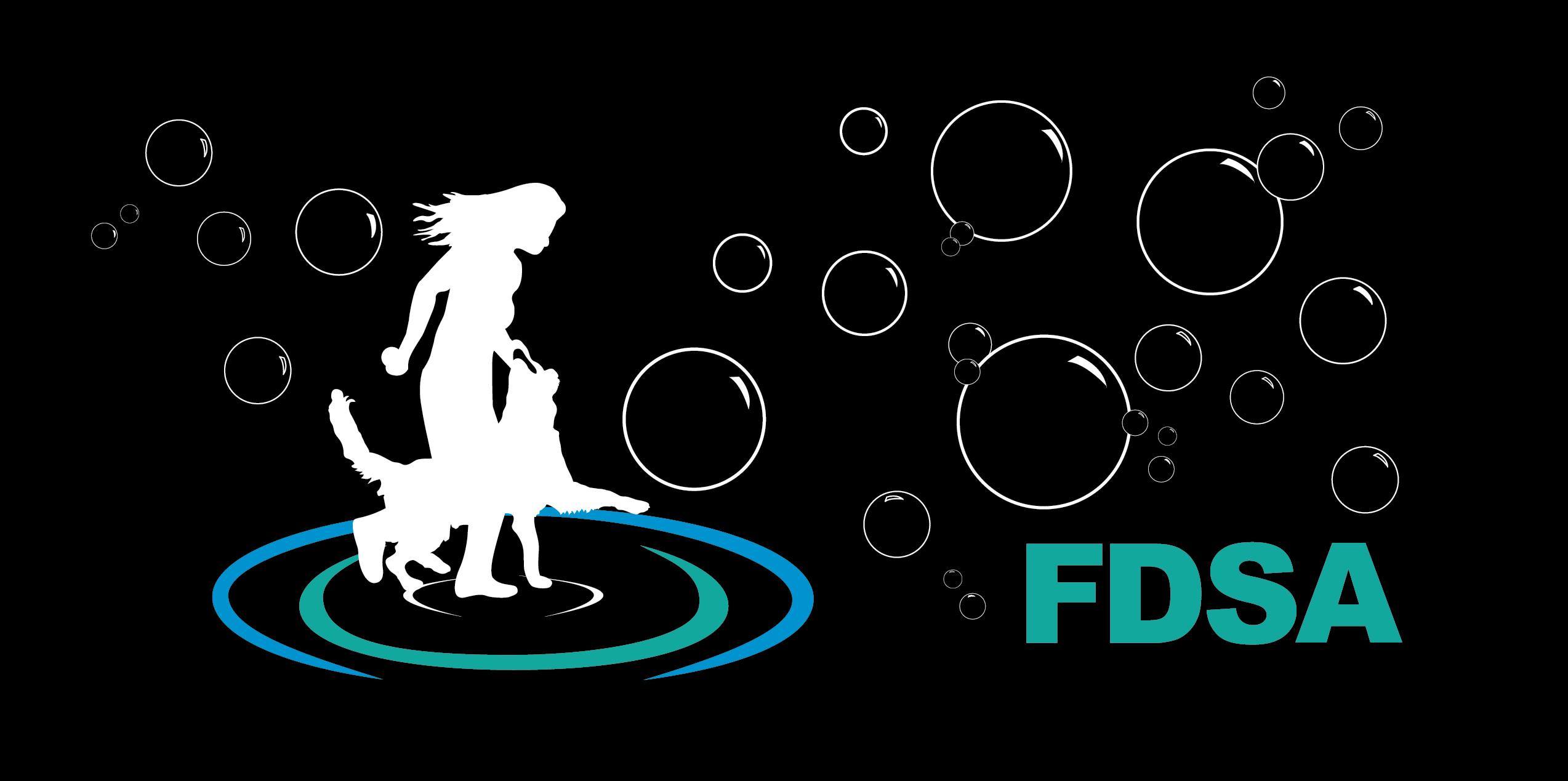 Webinar Presentations
Webinar Presentations
Questions or Problems? Please send email to allthethings@fenziacademy.com
Webinars will run approximately 1-2 hours including presentation and questions.
Click here for a list of frequently asked questions
Karen Deeds - Do THIS! Not THAT! Differential Reinforcement for Common Behavior Problems
Date: Thursday, February 19th, 2026
Time: 3pm Pacific Time (Click here for time at FDSA (Pacific Time).
Fee: $19.95 USD
We’ve all heard the golden rule of dog training: “What do you want the dog to DO instead?” But turning that concept into a reliable, stress-free behavior within a behavior modification plan is easier said than done. It’s not just about picking a replacement behavior; it’s about the science of how that behavior is built.
As an experienced and certified behavior consultant, let me take you on a deep dive into the world of Differential Reinforcement (DR). In this webinar, we’ll move beyond basic obedience to show you how to change a dog’s state of mind, arousal levels, and emotional response (CER) to help a behavior modification plan succeed.
What You’ll Learn:
- The Power of Positive CER: Why a "Sit" fueled by food and play works in high-stakes environments, while a "Sit" fueled by correction falls apart.
- The DR Toolkit: A clear, practical breakdown of DRI (Incompatible Behavior): Teach a behavior your dog can’t do at the same time as the unwanted one. DRA (Alternative Behavior): Reinforce a more appropriate, polite option, and DRO (Other Behavior): Reward your dog for doing anything other than the problem behavior and how to know exactly which tool to pull from the belt.
- Precision Implementation: Why fluency and latency are the "make or break" factors in your training plan.
- Threshold Management: How to keep your dog in a learning state of mind so your training actually sticks.
Real-World Solutions for CommonProblems
I will demonstrate how to apply DR strategies to the struggles ownersface every day, including:
- Jumpers: Re-wiring greetings for both owners and guests.
- Door Darters: Creating safety and focus at the threshold.
- Leash Manners: Transitioning from "frantic" to "focused" on walks.
- Big Emotions: Addressing demand barking, frustration, and reactivity rooted in fear or anxiety.
Watch the Trailer
This is a previously run webinar. Please check your Webinar Library to prevent a duplicate purchase.
* Click here to Register Now *
Chris Zink, DVM - How Should I Feed My Dog? Follow the Evidence
Date: Thursday, February 19th, 2026
Time: 6pm Pacific Time (Click here for time at FDSA (Pacific Time).
Fee: $19.95 USD
Cut Through the Noise with Evidence-Based Nutrition with Chris Zink, DVM, PhD, DACVP, DACVSMR
Is your dog’s diet based on science—or a marketing budget?
Nutrition is arguably the most controversial topic in the dog world. We know that what we put in the bowl impacts everything from joint health and immunity to longevity and performance. Yet, walking through a dog show or scrolling through social media, we are bombarded by conflicting claims, trendy diets, and "science-based" banners that all seem to say something different.
How do you separate the hype from the health?
In this information-packed webinar, I cut through the emotional noise of the nutrition debate. Using my background as a veterinarian and researcher, I dive into what the latest peer-reviewed studies actually say about canine dietary needs.
What We’ll Cover:
- The Evidence-Based Bowl: What recent studies reveal about the core nutritional requirements for active and aging dogs.
- Hot New Information: How dog food is made and why that matters.
- The Truth About Supplements: A scientific framework for evaluating which supplements are worth your money and which are imposters.
- Simple Steps for Evaluation: Practical tools you can use to make informed decisions regarding your dogs diet and supplements.
Make Decisions with Confidence
Stop second-guessing your choices. Whether you are fueling an elite canine athlete or your best couch buddy, this webinar will give you the confidence to make science-backed decisions that support your dog’s long-term health and well-being.
Watch the Trailer
* Click here to Register Now *
Deb Jones, PhD - Nail Trims Without Trauma: From Conflict to Cooperation
Date: Thursday, February 26th, 2026
Time: 3pm Pacific Time (Click here for time at FDSA (Pacific Time).
Fee: $19.95 USD
How does your dog feel about nail trims? How do you feel about trimming your dog’s nails? Nail trims are, by far, the most problematic husbandry concern for dog guardians. People, and their dogs, often find the entire situation unpleasant and frustrating. The process of shortening a dog’s nails is not simple and straightforward; but it is necessary for their health and well-being. So what can you do to make things better? Quite a bit!
This webinar is a holistic systematic approach and will cover 5 basic steps to get you on track towards comfortable nail trims for your dog. These steps are
- Preparing for success
- Knowledge is power
- Handling
- Tools
- Putting it all together
Deb will cover the details of each step and discuss the common pitfalls along the way (to help you avoid them!)
She will share her insights, based on working with thousands of teams, for comfortable and successful progress with nail trims. There are no shortcuts, and it is a continual process, but you and your dog can become much more comfortable. This webinar will focus on improving your understanding of your dog’s dislike (to put it very mildly in some cases!) of nail trims and to help you with a clear step by step approach forward.
Watch the Trailer
This is a previously run webinar. Please check your Webinar Library to prevent a duplicate purchase.
* Click here to Register Now *
Julie Symons - Tips for Training and Trialing a Sensitive Dog in Nosework
Date: Thursday, February 26th, 2026
Time: 6pm Pacific Time (Click here for time at FDSA (Pacific Time).
Fee: $19.95 USD
Nosework can be a fantastic activity for dogs, but some can struggle with environmental challenges. Whether your dog is worried about people, distracted by their surroundings, concerned about unfamiliar flooring, or hesitant to work in tight spaces, these sensitivities can impact their searching and overall performance.
In this webinar, we’ll share techniques like pattern games and problem-solving tasks to help your dog build resilience and confidently tackle challenges. By starting outside of Nosework, we’ll focus on strengthening their ability to navigate new puzzles and situations in a way that feels safe and rewarding for them.
We’ll also cover strategies for handling unexpected situations during a search. While the primary goal is to prepare your dog’s readiness and resilience before stepping up to the line, we know novel environments can throw curveballs—especially for sensitive dogs. Having a plan in place will help you both feel more at ease.
This is a great opportunity to learn actionable strategies for training through challenges and supporting your dog in meaningful ways. By building confidence outside of Nosework, we can empower our dogs to succeed in new locations and feel prepared to handle whatever comes their way.
Watch the Trailer
This webinar ran in the ZZ016: Know the Nose Two One Day Online Conference. Please check your Course and Workshop Library to prevent a duplicate purchase.
* Click here to Register Now *
Shade Whitesel - She's Sexy and They Both Know it! Overcoming Environmental Challenges
Date: Thursday, March 5th, 2026
Time: 3pm Pacific Time (Click here for time at FDSA (Pacific Time).
Fee: $19.95 USD
You know the look. The deliberate slow licking of the grass. That peculiar movement of the forehead. The chatter. The drool.
DOES SOMEONE HAVE A BITCH IN SEASON?
All thoughts of trialing go out of your brain as you watch your male dog space out on the grass blades, or the mats, or the dirt or whatever venue you are in… I’ve got some tips! Some skills, some help for you and your dog, and hopefully some solutions so you and your dog can sniff and dismiss. And bonus, these tips will work for any distracting smell, so those of you with female dogs will benefit as well.
This webinar is about getting your dog’s brain when they are distracted by smells. (It’s not about getting your intact male dog’s brain when they are living with a bitch in season!)
Watch the Trailer
This is a previously run webinar. Please check your Webinar Library to prevent a duplicate purchase.
* Click here to Register Now *
Sarah Rida - The Role of Reinforcement in Managing Arousal
Date: Thursday, March 5th, 2026
Time: 6pm Pacific Time (Click here for time at FDSA (Pacific Time).
Fee: $19.95 USD
Reinforcement value and arousal are often talked about as if they are the same thing, but they serve very different functions in training.
Because they frequently show up at the same moment, handlers can struggle to tell whether a reinforcer is truly strengthening behavior, escalating arousal, or doing both.
In this webinar, we will explore how to separate reinforcement value from arousal by observing what happens before, during, and after reinforcement. We will look at how delivery mechanics can change a dog’s emotional and physiological state without changing the reinforcer itself, and why recovery and re-engagement tell us more than visible enthusiasm.
Using practical examples and game-based frameworks, this presentation will show how to meet dogs at their current arousal level and build predictable pathways from higher to lower arousal over time. Rather than trying to calm dogs with reinforcement, we will focus on using structure and repetition to shape smoother transitions and sustained engagement.
This webinar is suitable for handlers and trainers across all sports and experience levels who want better arousal management, and more consistent performance without sacrificing motivation.
Watch the Trailer
Coming Soon!
* Click here to Register Now *
Questions or Problems? Please send email to help@fenziacademy.com



